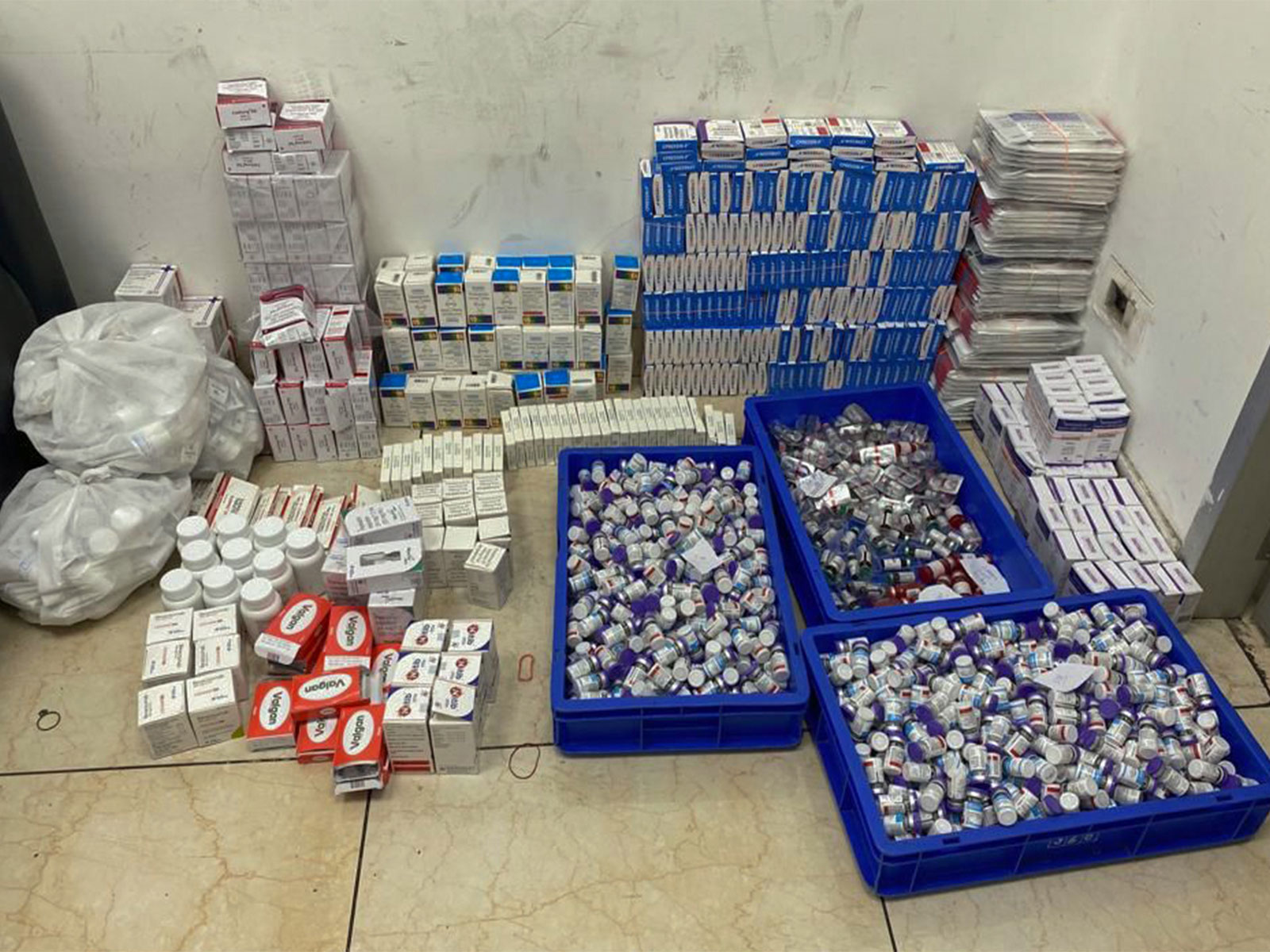New Delhi [India], September 21 (ANI): The laboratories of the Council of Scientific and Industrial Research (CSIR), National Botanical Research Institute (NBRI), Central Institute of Medicinal and Aromatic Plants (CIMAP), Indian Institute of Toxicology Research (IITR), and Central Drug Research Institute (CDRI) collaborate to develop drugs for diabetes, blood cancer, fatty liver, and liver cell degeneration.
India’s herbal healthcare sector is preparing for a new growth phase, as traditional medicine blends with modern science to produce validated, affordable, and globally competitive solutions. This momentum was on full display at the recently concluded two-day CSIR Startup Conclave, where research institutions, startups, and policymakers joined forces to demonstrate how herbal formulations are moving from laboratories to the marketplace.
The four laboratories of the Council of Scientific and Industrial Research (CSIR) — the National Botanical Research Institute (NBRI), the Central Institute of Medicinal and Aromatic Plants (CIMAP), Indian Institute of Toxicology Research (IITR), and the Central Drug Research Institute (CDRI) have developed 13 major herbal drugs addressing lifestyle and chronic diseases, including BGR-34 for diabetes, Paclitaxel derived from the bark of Arjuna tree for blood cancer, and Picroliv for fatty liver and liver cell degeneration.
Among them, BGR-34 drew the optimum attention. Jointly developed by NBRI and CIMAP, the formulation uses six herbs — Daruharidra, Giloy, Vijaysar, Gudmar, Manjistha, and Methi. While already recognised for its ability to regulate blood sugar, the drug is also being positioned as a potential solution for long-term diabetes reversal. In this area, global healthcare is now shifting focus.
During a visit to the conclave, Union Science and Technology Minister Dr Jitendra Singh said the initiative exemplifies the “lab to people” model of innovation. He urged startups to leverage government-developed technologies and scale them to global markets where demand for natural and herbal remedies is surging. Uttar Pradesh Chief Minister Yogi Adityanath, who visited the exhibition alongside Dr Singh, also encouraged researchers to accelerate the commercialisation of herbal solutions.
“Worldwide, the narrative is moving beyond diabetes control to diabetes reversal,” said Dr Sanchit Sharma, Executive Director of AIMIL Pharmaceuticals, which is commercially marketing the drug.
“Formulations like BGR-34 represent the synergy of Ayurveda and modern science, and such models could become the foundation for a diabetes-free society in the years to come,” added Dr Sharma.
For policymakers and industry leaders, the conclave underlined the growing potential of India’s herbal medicine sector in both domestic and international markets.
The global herbal medicine market is projected to grow at double-digit rates, driven by rising consumer preference for natural therapies, especially in lifestyle-related disorders. With scientifically validated formulations, experts believe India is well-positioned to capture a larger share of this expanding sector.
Institutions such as NBRI, CDRI and CIMAP are not only developing formulations but also working on improved varieties of medicinal plants. (ANI)
The article has been published through a syndicated feed. Except for the headline, the content has been published verbatim. Liability lies with original publisher.







